Our rivers and lakes are vital for people and wildlife
We all need the fresh water they provide – so let’s look after our rivers and wetlands.

Why our rivers and wetlands are so important
Why our rivers and wetlands are so important
Well, where do we start? Rivers, lakes, wetlands and other freshwater environments supply water that we need for drinking, growing food and other crops, producing energy and manufacturing all sorts of products. Rivers also act as transport routes and they provide fish that feed tens of millions of people. Wetlands and lakes provide important flood protection… In other words, we couldn’t manage without them.
So why haven’t we taken better care of these vital resources? The truth is that far too many of our rivers, wetlands and ‘aquifers’ (layers of rock underground where water is naturally stored) have been badly damaged or allowed to deteriorate.
In the last century, two thirds of the world's precious wetlands were lost. Numbers of freshwater animals have declined by three quarters since 1970. People have been affected too. The drying of rivers and wetlands, along with increased pollution, have damaged livelihoods and affected human health.
There’s actually enough water in the world for people and wildlife – but it needs to be used more wisely. We're working hard to protect and manage freshwater resources around the world.
"I’m fascinated by rivers. They're dynamic, mysterious and they're home to incredible wildlife. The trouble is, our rivers are under pressure as never before. We’re constantly striving to tackle the big problems facing rivers like the Yangtze, the Mara and the Ganges, working in partnership with scientists, communities, governments and businesses. It’s challenging but very rewarding work."
Chief adviser for freshwater
Rivers and lakes we're working in
-
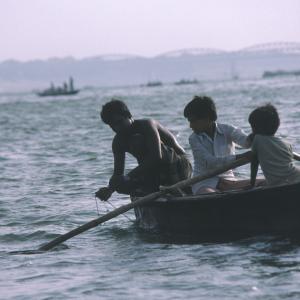
The Ganges: India's sacred river
The Ganges river starts its 2,500km journey from the Himalayas to the Bay of Bengal, meandering through one of the world's most amazing regions.
-
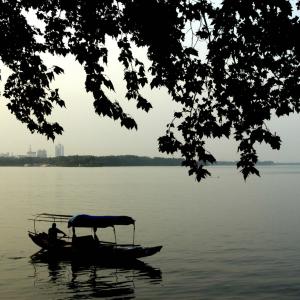
The Yangtze - Asia’s longest river
Asia’s longest river is rich in wildlife – but it’s also one of the world’s most polluted waterways.
-
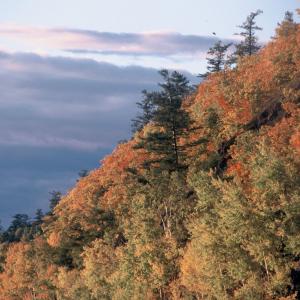
Amur (Heilong) River Basin
The Amur (Heilong) river basin of north-east Asia has some of the world's most intact and extensive temperate forests and home to amazing life
-
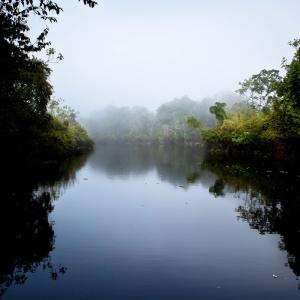
The Amazon Rainforest
The Amazon rainforest plays a vital role in sustaining life on the planet. Yet, this vast, tropical wilderness and its inhabitants are losing the fight.
-
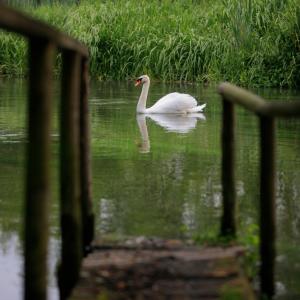
UK rivers and chalk streams
The picturesque rivers flowing through the British landscape is a vital source of fresh freshwater for homes, businesses and wildlife.
-
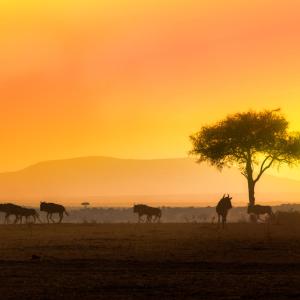
The Mau Mara Serengeti is under threat
The Mau Mara Serengeti area is one of the oldest, least disturbed natural environments.
/
-
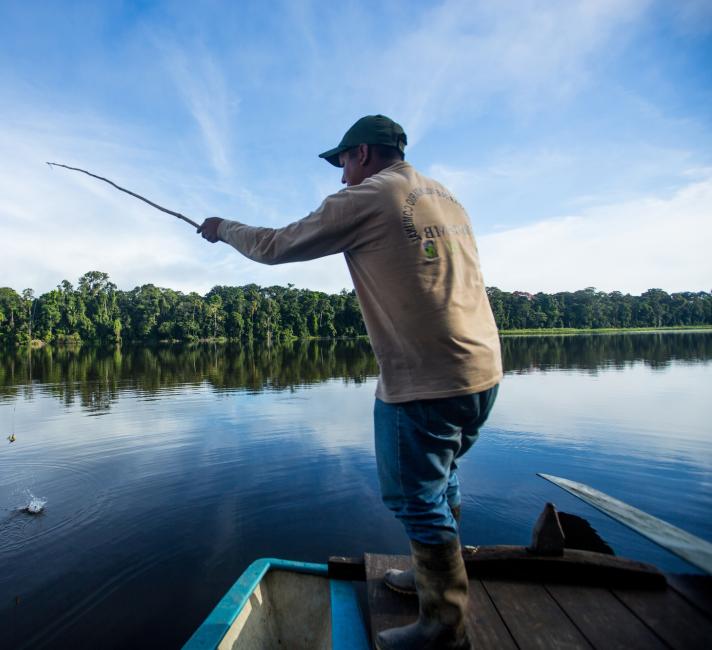 © Day's Edge Productions / WWF-US
© Day's Edge Productions / WWF-US -
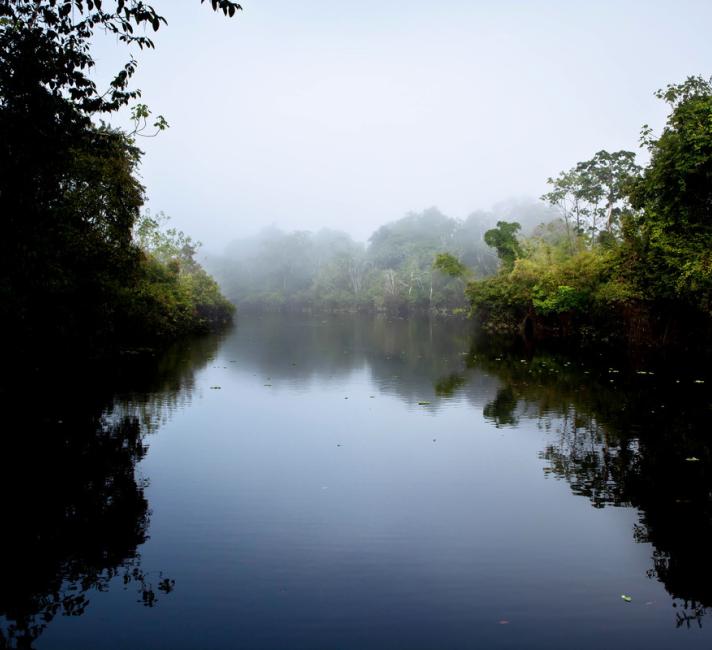 © WWF-US / J.J. Huckin
© WWF-US / J.J. Huckin -
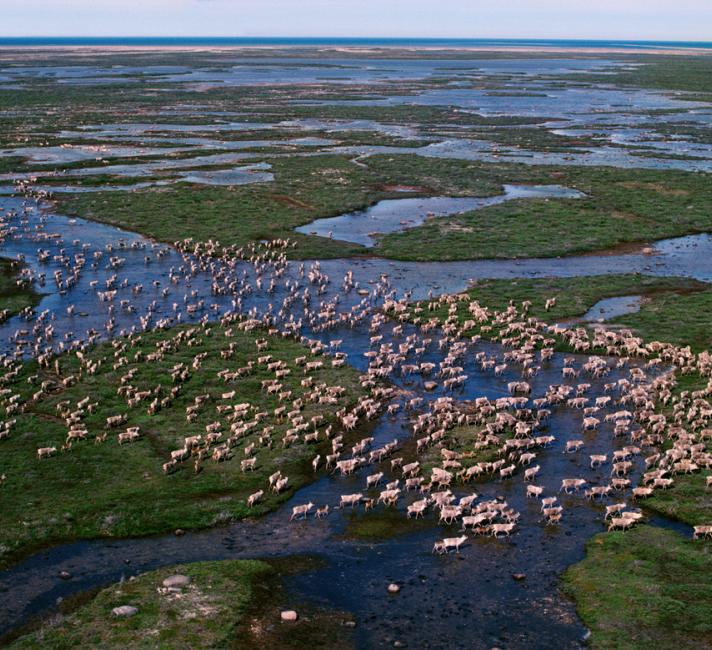 © Bryan and Cherry Alexander Photography
© Bryan and Cherry Alexander Photography -
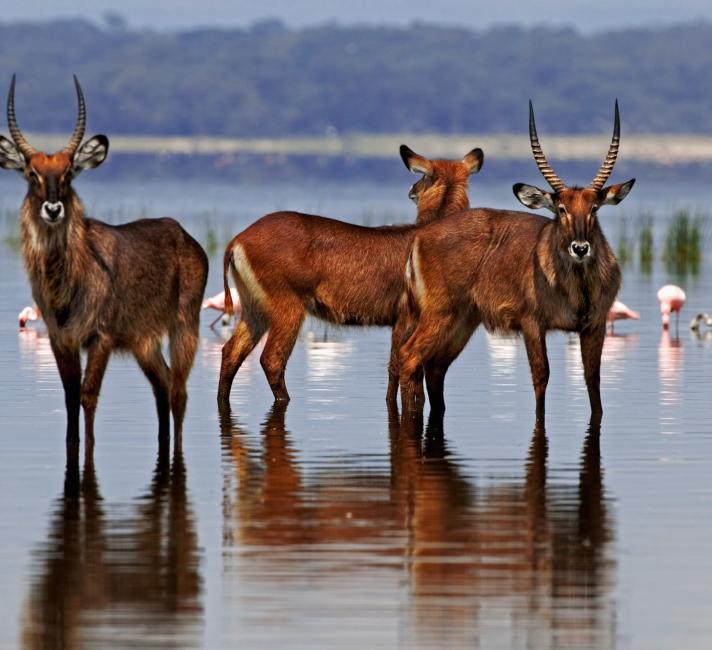 © Martin Harvey 2004
© Martin Harvey 2004
Challenges affecting our freshwater
-
Overuse of water
The amount of fresh water on our planet is finite, but our demand for water keeps growing. In a lot of places people are already using too much for nature to cope – some of the world’s great rivers no longer reach the sea because so much of their water is taken out and used. Pressures on water resources will only grow as the world’s population swells to the expected nine billion people by 2050. Rising living standards will also increase demand for energy, food and manufactured goods, all of which require water in their production processes. Water scarcity and use will be huge issues this century.
-
Climate change
As climate change takes hold and rainfall patterns change, there will be unpredictable effects on river flows. It's likely that we'll see more intense droughts and floods and there could be impacts on water quality - climate change will make all our existing water problems more complicated. We’re working on several fronts to help tackle the causes and impacts of climate change.
-
Dams and other heavy engineering
There are hundreds of thousands of dams in the world, and thousands more are planned. Although it can be beneficial to have dams – and hydroelectric plants, canals, reservoirs, pumps, flood defences and the like – they can also do permanent damage to rivers and wetland environments. So we need to make sure they’re carefully planned and managed.
-
Pollution
Water pollution is an issue across the world. Pollution comes from farms, factories, mines and sewage and it affects the health of animals, plants and people. It’s difficult and costly to fix. Better to prevent it in the first place!
How we're helping with freshwater
-
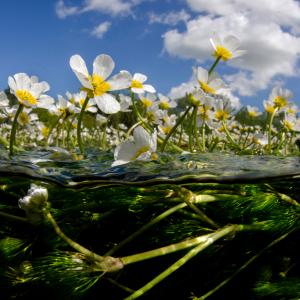
More Close How we're caring for our rivers
We’ve been providing support on two river catchments in East Anglia. So far, we’ve improved 7km of river and replenished 300 million litres of water. Find out more -
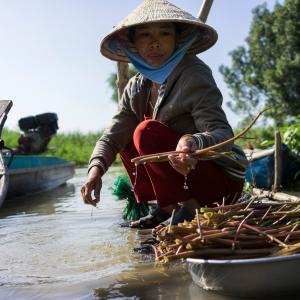
More Close Get involved in water stewardship
We've developed tools to help businesses identify their water risks and opportunities and get involved in water stewardship. Find out more -
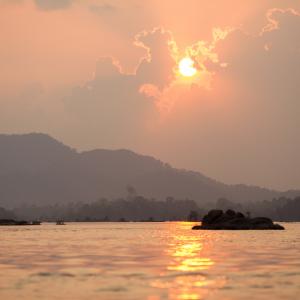
More Close Working with business to improve our freshwater
We see business as a key ally in helping us find solutions through water stewardship. Find out more -
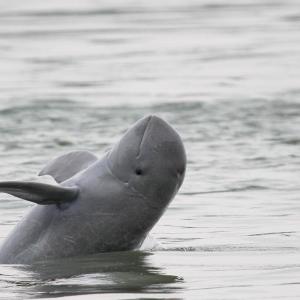
More Close How we're managing water better
We're working with communities, governments and businesses worldwide to promote joined-up approaches to water management. Find out more -
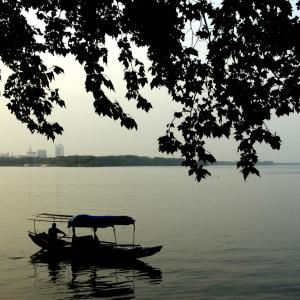
More Close Strategic water management in the 21st century
Discover our books that bring together experiences and lessons from around the globe on better planning and managing our precious water resources. Find out more -
More Close Sustainable fisheries in the Mara wetlands
The UK Government’s Darwin Initiative, funds WWF collaborative work with local partners on sustainable fisheries management in Mara wetlands, Tanzania. Find out more -
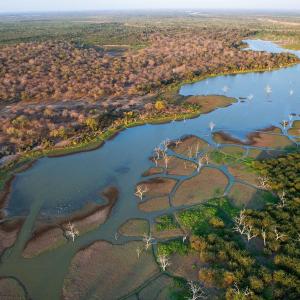
More Close Tackling human-wildlife conflict in Ruvuma
With funding from the UK Government’s Darwin Initiative, WWF is collaborating with local partners to reduce human-wildlife conflict in Ruvuma. Find out more -
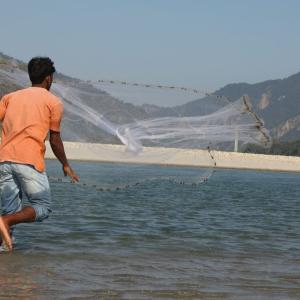
More Close Conserving Otters in the Karnali
Strengthening communities’ livelihood and stewardship to conserve Otters in the Karnali. Find out more -
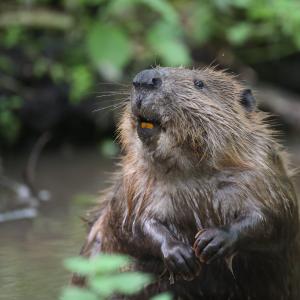
More Close Beavers Bringing Hope
We’re working in partnership with Norfolk Rivers Trust (NRT) to bring our world back to life by restoring Norfolk’s rivers and wildlife. Find out more -
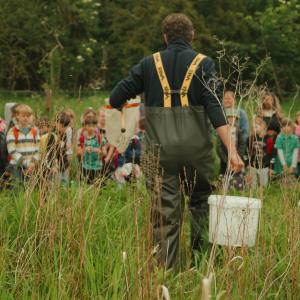
More Close Aviva access to nature fund
WWF, Aviva and Norfolk Rivers Trust, are giving £30,000 to help community groups in Norfolk connect with nature. Find out more -
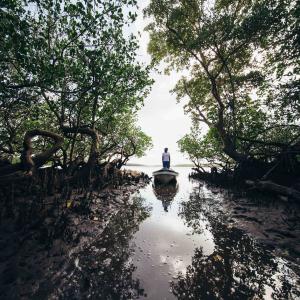
More Close Solutions for the future
Led by WWF-Kenya and Kenya Red Cross, this project is supporting people in Lamu, Kenya to prepare for the impacts of climate change and extreme weather. Find out more
/
